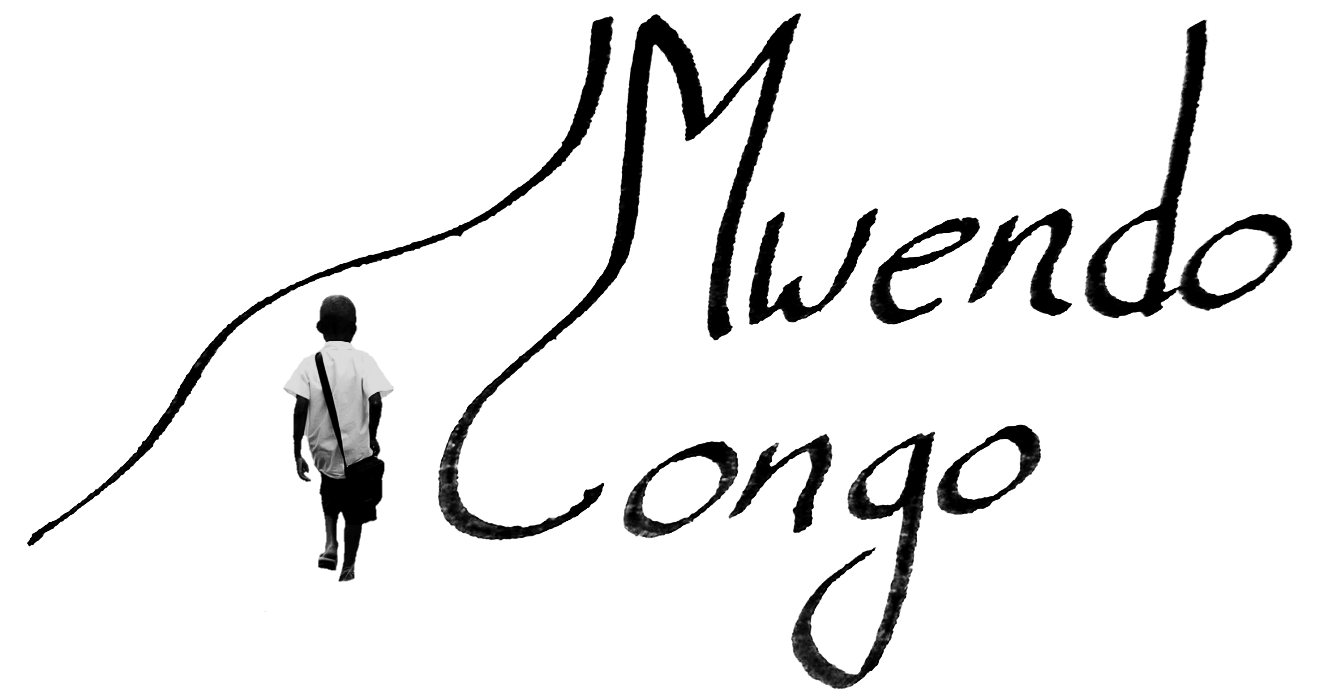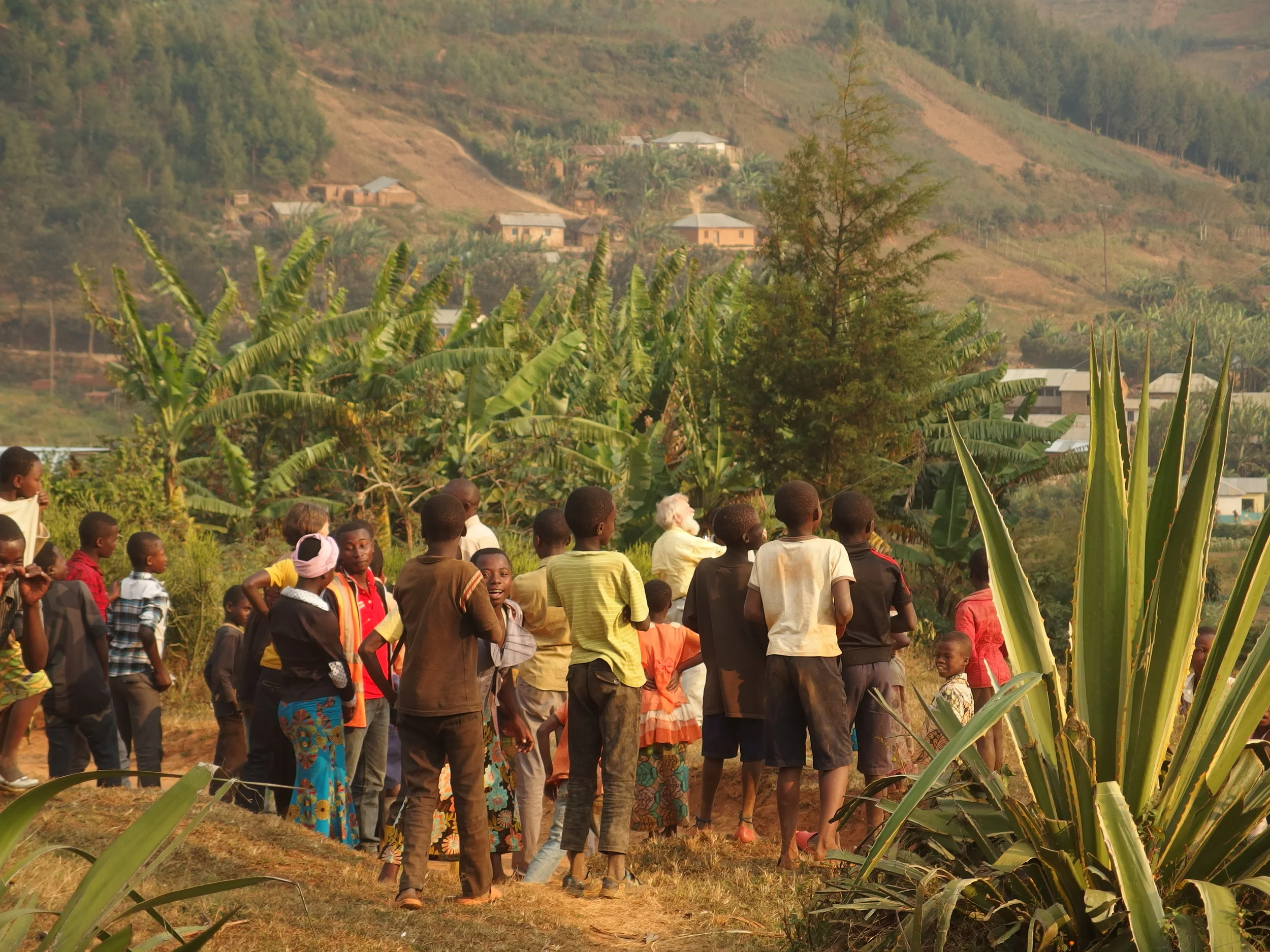Trauma healing – exchange across the miles
/Krista Nelson, a Minnesota-based licensed independent clinical social worker and long-time friend of Mwendo Congo, began conversations with Let Africa Live staff in 2019 about approaches to trauma healing here and in the Congo (DRC). Those initial discussions led to an ongoing “trauma healing bridge group” that Krista convenes online quarterly for exchange of ideas and practices as well as mutual support in weathering the immense challenges in this work.
Participants include Carlos Barahame Ntagengwa, director of Let Africa Live’s (LAV’s) training centers in the DRC; Abeka Générose, LAV program manager; Chanee Rudolph of the Kofi Rites of Passage Program with the Wilder Foundation in St. Paul, Minnesota; Mireille Bardy, Krista Nelson, and Erika Arnold-McEwan, licensed independent clinical social workers based in Minnesota, with extensive experience working with trauma survivors; and Wema Kubisa, with a master’s degree in global public health.
Krista shares reflections from a recent trauma bridge conversation:
The power of story – Let Africa Live has been working with survivors of rape and violence since 2000. Carlos shared local lore of a Queen who decreed that men should not rape women because women hold a treasure, their body. A man should not enter a woman’s body unless it is the decision of the woman. This Queen’s decree has been healing for the women in the Let Africa Live program.
Shaming of children born of rape – In the DRC, there is significant cultural shame assigned to children born of rape. The children are terrified to be separated from their mothers so mothers and children must be worked with simultaneously in programming. And yet the children are considered orphans by the local culture because they do not have fathers. They are shunned, and their emotional growth is stunted. Carlos described the attachment difficulties when a child from rape is placed with an adoptive family when his mother is not alive or able to care for him. The child knows he is different in this family. The family sees the child as a “bad child”, a sorcerer or wizard. Stepmothers see stepchildren as a source of everything that is bad and often abuse them.
Mediation and respect – Let Africa Live uses a module on the psychological and social effects of this shaming for families, inviting caregivers to see themselves as a child’s savior rather than continue to fear or scapegoat the child. Mediation is offered between a child and family members. The adults do not recognize themselves as trauma survivors of a different kind. “Even if our traumas are different, we can work together.” LAV helps children respect their elders and elders to respect the experiences of the child.
Generational conflicts in the U.S. – Chanee Rudolph, therapist with the Kofi School based Services for Youth of African Descent in St. Paul, Minnesota, added that in the US, she also mediates between youth and elders who are angered that their children do not respect them, even reject them. Conversations between generations happen less and less. Elders in the US and in the DRC can be very traditional, with older ideas. It is hard to shift their understanding of their children, as not bad but impacted by the violence around them.
The power of metaphors to teach and heal – Erika Arnold McEwan, therapist with the University of Minnesota, offered a way she helps parents understand children who have been traumatized by using an animal analogy. An animal being chased by a predator can play dead or fight or flee to survive. Elders have witnessed this in animals. As they understand the animal’s survival, they can allow themselves to understand themselves and their children differently. Another tool offered was the book, The Kissing Hand – about a raccoon who is afraid to go to school because he will be separated from his mother, who is given a special kiss from his mother on his paw that he can look at any time he wants to feel his mother close even when he is away from her.
Healing work grounded in culture – Let Africa Live staff shared one method of cultural healing – to give a cow to a family along with the child there are being asked to raise so this child of rape or war becomes a gift to the family and increases the value of the family in the community. In Let Africa Live training and trauma healing programs, participants eat together. They create relationships through food, dance, art, and doing activities together. The same is true of Kofi families in St. Paul. Healing work must offer both concepts and practice grounded in the culture of the communities to which their families belong.




